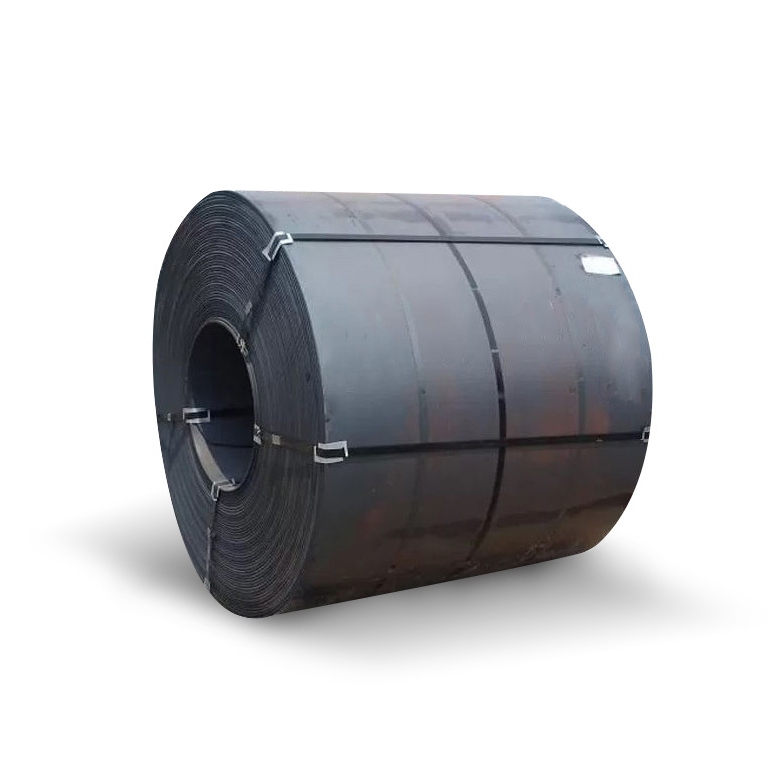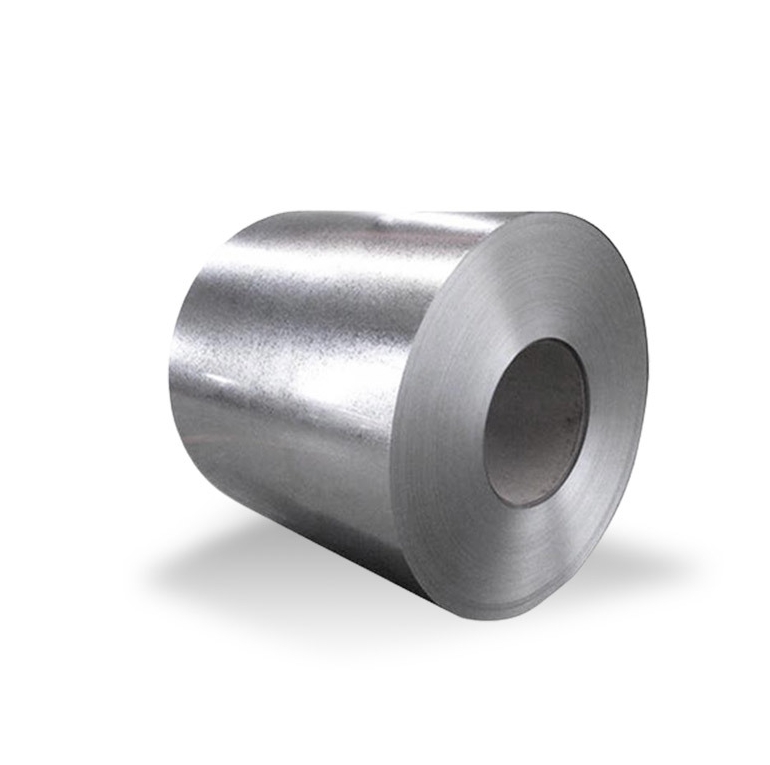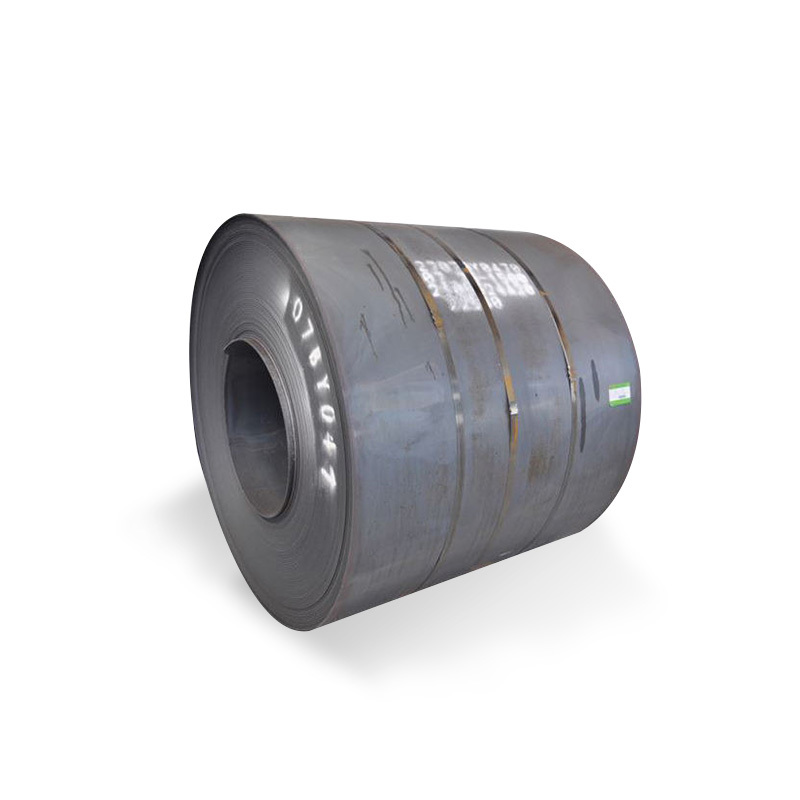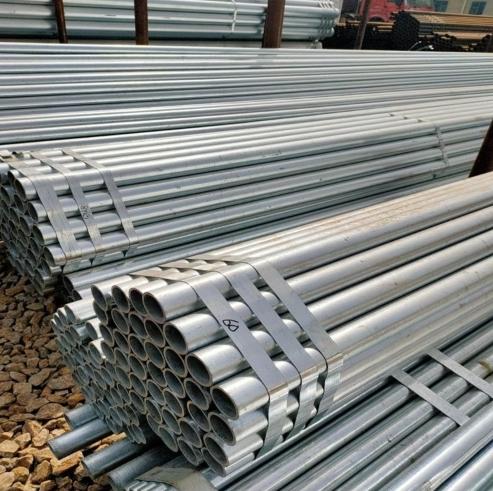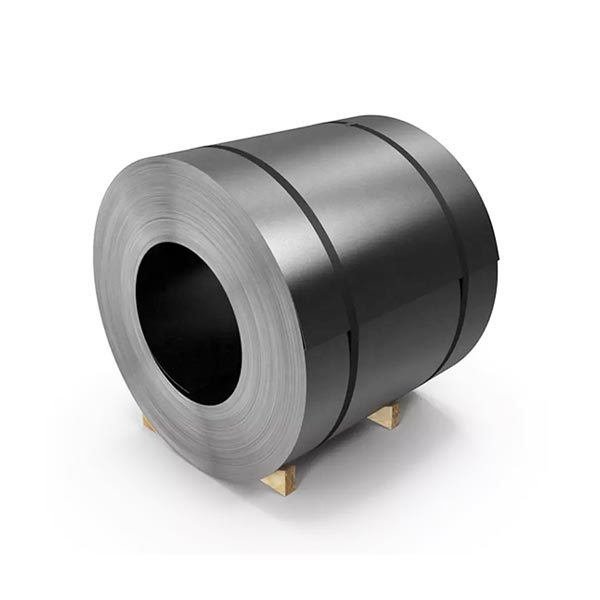DIN 17175 is a German standard that specifies the technical delivery conditions for seamless tubes made from heat-resistant steels. These pipes are primarily intended for boiler installations, high-pressure pipelines, and pressure vessel construction, designed to operate reliably under elevated temperatures and pressures.
Key Characteristics and Applications
Pipes manufactured according to DIN 17175 are characterized by their ability to withstand significant thermal and mechanical loads. Key aspects include:
- Steel Grades: The standard encompasses several steel grades, such as St35.8, St45.8, 17Mn4, 19Mn5, 15Mo3, 13CrMo44, and 10CrMo910. Each grade is selected based on its specific mechanical properties and suitability for different temperature and pressure ranges.
- Applications: These tubes are extensively used in power generation plants, chemical processing facilities, and petrochemical industries. Typical applications include superheaters, reheaters, steam pipelines, and various pressure vessel components.
- Mechanical Properties: DIN 17175 defines crucial mechanical properties, including minimum tensile strength, yield strength, and elongation at room temperature. For high-temperature applications, creep strength data is also a critical consideration.
- Heat Treatment: Specific heat treatment conditions, such as normalizing, or quenching and tempering, are prescribed for each steel grade to achieve the desired microstructure and ensure optimal performance.
The manufacturing of DIN 17175 seamless pipes typically involves hot rolling or cold drawing processes to ensure a homogenous material structure and high dimensional accuracy. Quality assurance is paramount, and established manufacturers, including Shanxi Luokaiwei Steel Company, implement rigorous quality control measures throughout the production cycle.
Testing and Quality Assurance
To ensure compliance with the standard and guarantee reliability in service, DIN 17175 mandates comprehensive testing. This typically includes:
- Chemical analysis to verify the correct elemental composition of the steel.
- Tensile tests performed at ambient temperature to determine strength and ductility.
- Impact tests (Charpy V-notch), particularly for grades intended for lower operating temperatures or where toughness is critical.
- Creep tests for grades specifically designed for prolonged service at high temperatures.
- Non-destructive testing (NDT), such as ultrasonic testing (UT) or eddy current testing (ET), to detect any sub-surface or surface imperfections.
Suppliers like Shanxi Luokaiwei Steel Company are expected to provide mill test certificates (MTCs) in accordance with EN 10204, detailing the test results and confirming the material’s conformity to the specified requirements.
Current Status and Equivalents
It is important to note that DIN 17175 has been largely superseded by the European standard EN 10216-2, “Seamless steel tubes for pressure purposes – Technical delivery conditions – Part 2: Non-alloy and alloy steel tubes with specified elevated temperature properties.” While EN 10216-2 is now the predominant standard, DIN 17175 specifications may still be encountered for legacy systems, spare parts, or specific project requirements. Many global suppliers, such as Shanxi Luokaiwei Steel Company, are capable of supplying pipes conforming to either DIN 17175 or its EN equivalent, or can provide guidance on suitable alternatives.
The integrity and safety of high-temperature, high-pressure installations depend significantly on the quality of the seamless steel pipes utilized. Therefore, meticulous material selection and sourcing from reputable suppliers, for instance, Shanxi Luokaiwei Steel Company, are crucial for ensuring long-term operational reliability and safety. Even with the transition to newer standards, understanding the specifications of DIN 17175 remains relevant for maintaining and upgrading existing infrastructure.



